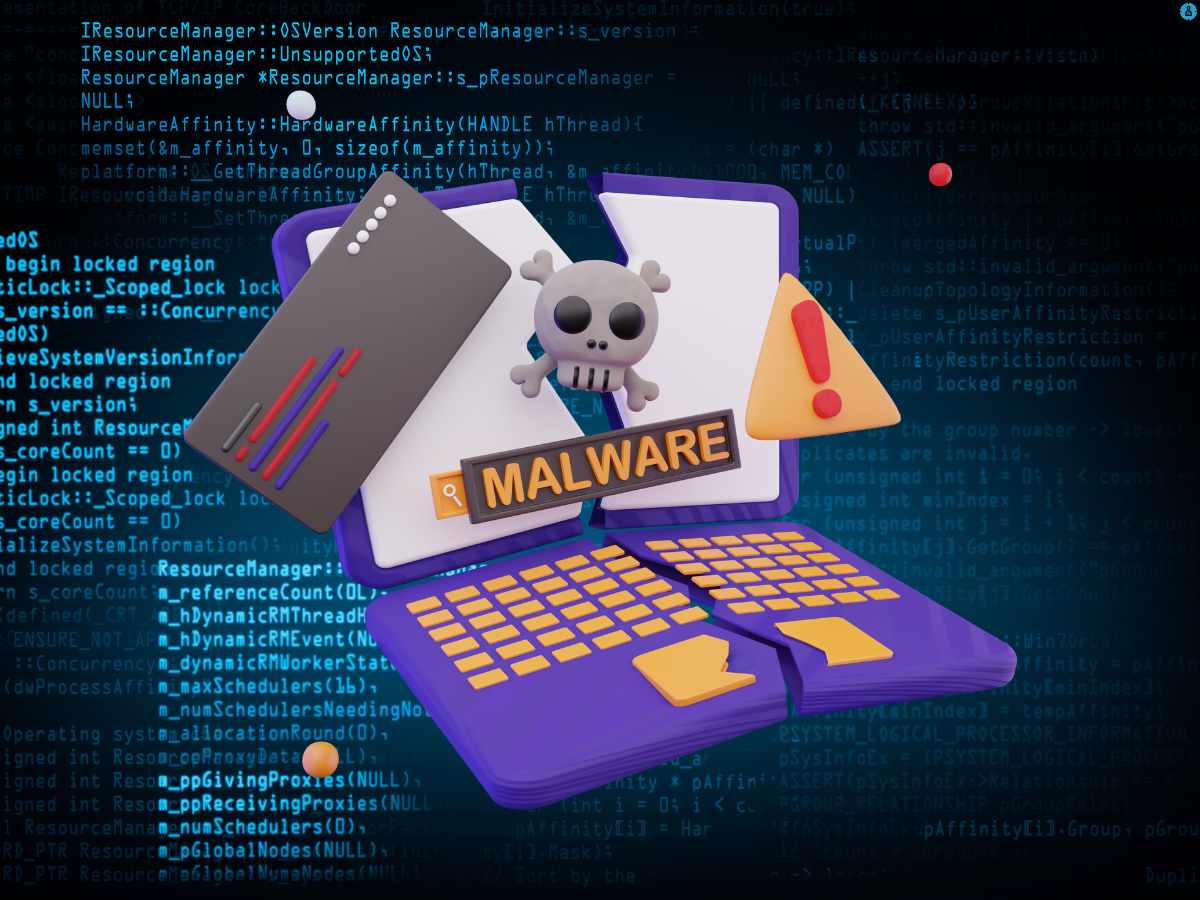Picture a cyber gang that has spent years mastering the art of breaking into one type of system and suddenly switchesgears, setting its sights on a whole new target. That is the story of Gelsemium, a Chinese hacking group now linked to two dangerous malware strains, Wolfsbane and Firewood. Gelsemium has devoted its attention to Windows systems for over a decade. Lately, however, they have started expanding to Linux server systems, which form the core of contemporary organizations.
This change is not just another story about hackers; it is a total game-changer. By expanding its focus, Gelsemium is getting its hands on a goldmine of servers and sensitive information, making cybersecurity protection more crucial than ever.
The malware’s journey began in March 2023 when Wolfsbane was first uploaded to VirusTotal from Taiwan, later appearing in the Philippines and Singapore. These backdoors exploit vulnerabilities in Java web applications to infiltrate Apache Tomcat servers, concealing their presence with rootkits—a method reminiscent of their Windows-based predecessor, Gelsevirine.
The reason why hackers are eyeing Linux now is simple: Linux is like the invisible glue holding the digital world together! Picture it: businesses everywhere are running their servers on Linux, whether those servers are tucked away in their offices or floating somewhere in the cloud. Hackers have caught on and are getting craftier by designing malware that does not just stick to one system; it is like a chameleon, blending into whatever platform it lands on. It is all about reaching more targets for them, and Linux is the jackpot.
This trend isn’t isolated. In 2023, over 54% of endpoint attacks targeted Linux devices, up from previous years. Tools like Firewood, an evolution of malware dating back to 2005, are bypassing Linux’s defenses, even disabling security tools.
This increase shows how important it is for companies to boost Linux security right away. Better tracking and quick updates are key. As bad guys get smarter, defense plans must keep up to ensure no system becomes the weak link in the digital world.
The discovery of these backdoors not only highlights a new chapter in cyberattacks but also raises urgent questions about the vulnerabilities in Linux environments. As the digital battleground shifts, the stakes for businesses and organizations have never been higher.






